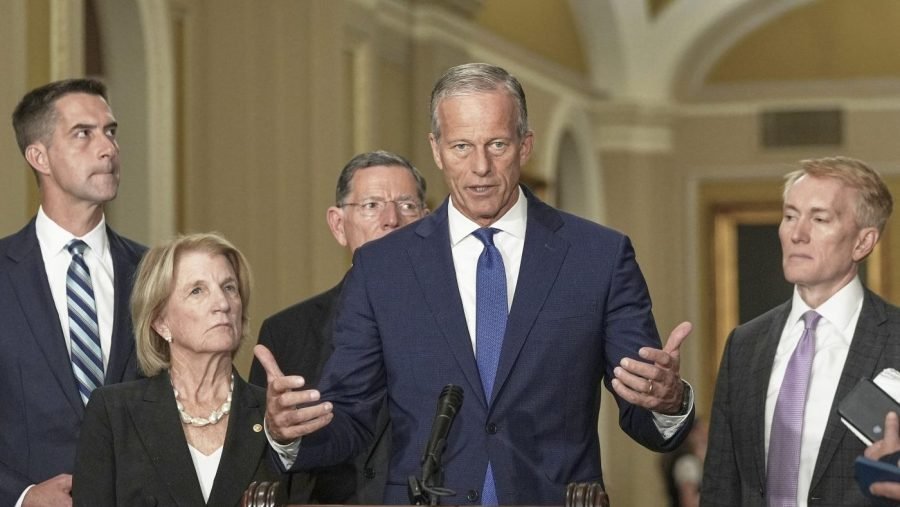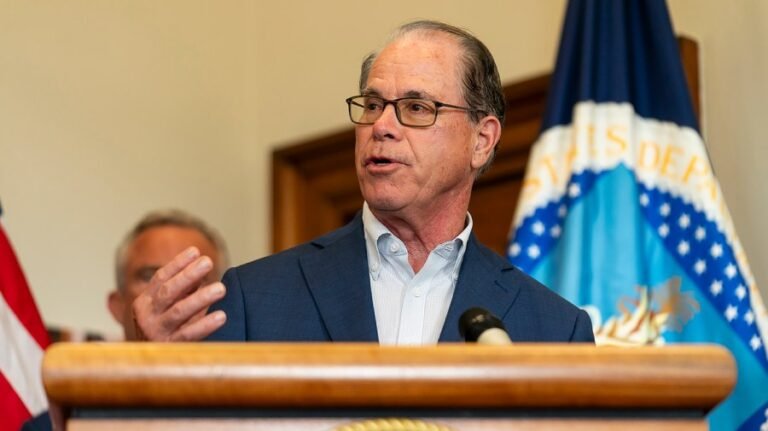
The Senate left Washington for the August recess having failed to act on more than 150 presidential nominees that are waiting to be confirmed for senior government positions, many of which are critical to national security.
The floor debate made it clear that senators have not learned lessons from history about what a mistake it would be to continue these delays.
The Senate needs to stop the procedural delays and give these nominees an up-or-down vote immediately. Talk of changing the rules now is too little, too late — about 25 years too late. There is no time to debate rules now as Congress becomes consumed with a funding fight and unconfirmed nominees continue to languish. Change the rules later — vote on the nominees now.
Article II, Section 2 of the Constitution provides the Senate the role of “advice and consent” for nominations made by the president, and senators need to do their constitutional duty. Vote yes or no, up or down, on the non-controversial nominees based on their qualifications. Do not delay these votes because of unrelated policy or funding issues.
Critical senior positions should not be left vacant because unforeseen circumstances may leave the U.S. vulnerable to national security threats with no one in place to respond, having not been confirmed by the Senate. We need all hands on deck, prepared for anything that comes our way.
History has shown that similar delays in confirming nominees left us vulnerable before — a cautionary tale for the Senate now.
On Sept. 11, 2001, there were many unfilled senior positions related to national security due to Senate confirmation delays. This left America shorthanded in responding to the national emergency. At the time, we said “we shall never forget,” but it seems the Senate has forgotten. The 24th anniversary of that horrible day comes just a week after senators return, yet they have not made that connection.
Many of those same key positions related to national security remain unconfirmed today because the Senate is unwilling or unable to do its job. These include under secretaries and assistant secretaries at State, Defense, Treasury, Homeland Security, Energy and Transportation. These positions are responsible for duties including critical infrastructure for nuclear security, cybersecurity, counterintelligence, electric grid security and transportation security.
Every day that passes without Senate confirmation of these nominees erodes America’s capacity to respond swiftly to crises. The absence of leadership in these posts sends a troubling message that political disputes matter more than the effectiveness of the government and the safety of its citizens.
The average time for confirmation has gone from about three months in the Kennedy administration to about nine months for recent administrations.
The partisan back and forth has become like mutually assured destruction, with “nuclear options,” tit for tat, fighting fire with fire — choose your weapon when it comes to terms used to justify the delays rather than do what is in the best interests of the country.
Partisanship is why reforming the Senate confirmation process is so difficult. The old phrase that it’s a matter of “whose ox is being gored” applies here. Senators are willing to act to change the rules when their own interests are at stake because it’s their party and their president’s nominees who are being delayed. But the shoe will inevitably be on the other foot and the rules will also apply to the opposition party’s nominees.
Rule changes were recommended 25 years ago, but unfortunately, there was not enough political will or courage to act at that time. Suggestions included not only reducing the number of positions requiring Senate confirmation but also those nominated by the president, so that both branches conceded some of their constitutional powers equally.
Both sides should agree to play by the same rules and have a 90-day window from when the president nominates a candidate to a confirmation vote. That would allow sufficient time for senators to meet nominees, hold hearings, have committees report them out either favorably or not, and vote up or down.
With recess finished, the Senate must put the nation’s interests over partisanship and give all waiting nominees a vote without further delay. To do that, senators don’t need to change the rules — only their behavior.
Carole Plowfield was deputy director of the Brookings Institution’s Presidential Appointee Initiative from 2000 to 2003.


